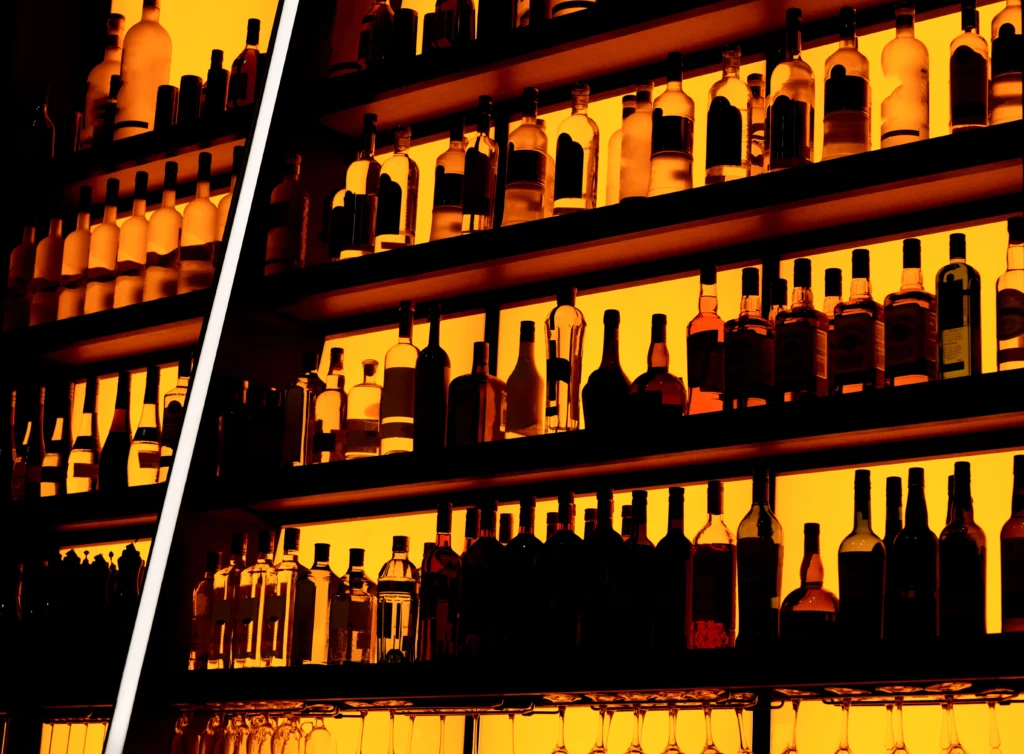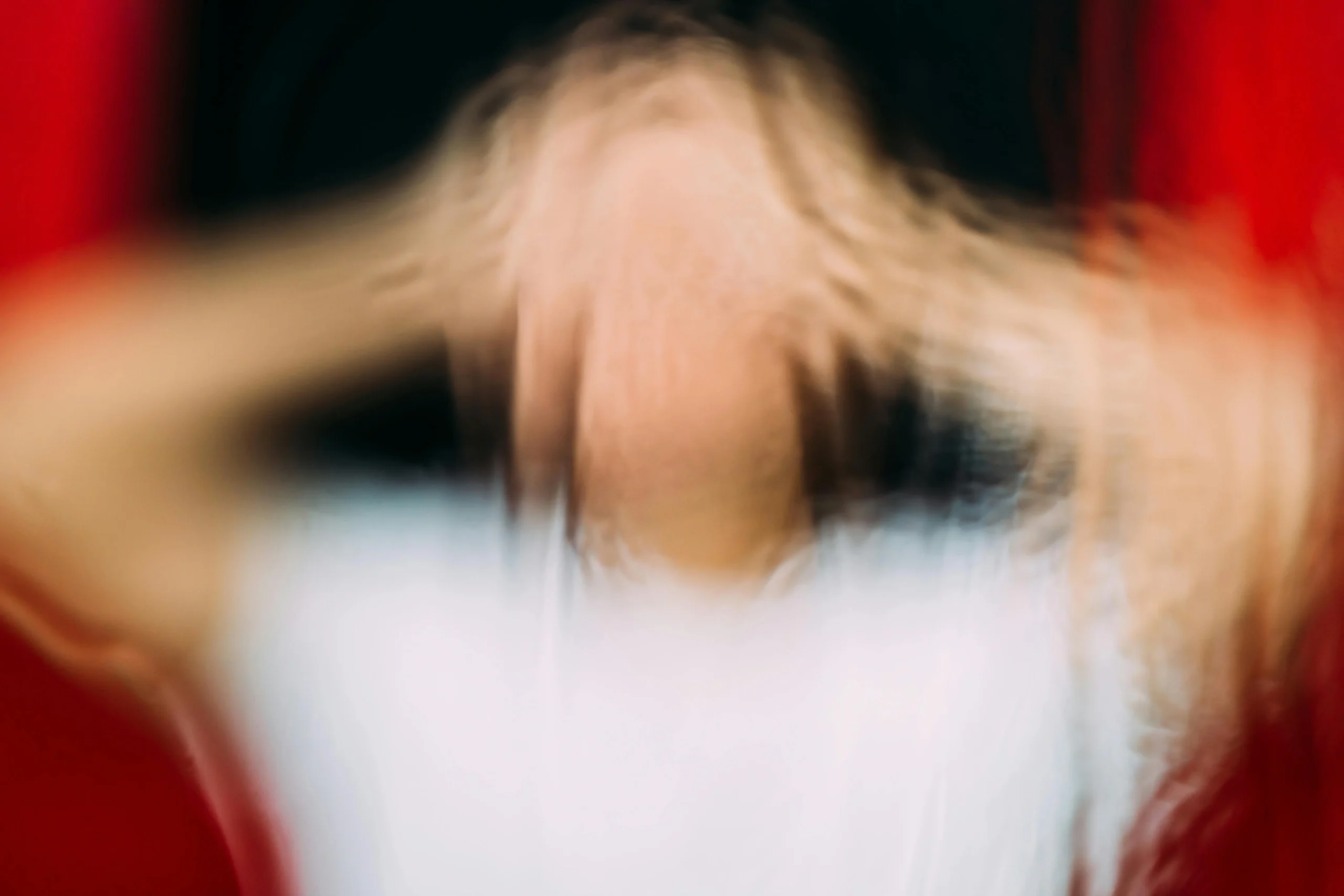But Is alcohol a stimulant or a depressant? Have you ever wondered why a few sips of alcohol make you feel more lively and friendly, while too much can leave you tired and subdued?
Researchers have been trying to pinpoint exactly how alcohol affects our bodies for decades and this is what they have to say.
Basic Categories of Drugs
| Drug Category | Description & Examples |
|---|---|
| Depressants | Slow down the central nervous system, induce relaxation, reduce anxiety, and often lead to sedation. Examples: Sedative medications, tranquilizers, and alcohol. |
| Stimulants | Heighten alertness, increase energy levels, and enhance focus. Examples: Caffeine (coffee and tea), amphetamines, and alcohol under certain circumstances. |
| Hallucinogens | Alter perception and consciousness, inducing hallucinations and vivid sensory experiences. Examples: LSD, psilocybin mushrooms. |
Alcohol's Primary Compound: Ethanol
At the core of alcoholic beverages lies a powerful psychoactive compound: ethanol.
This is the key player responsible for the diverse effects alcohol has on us.
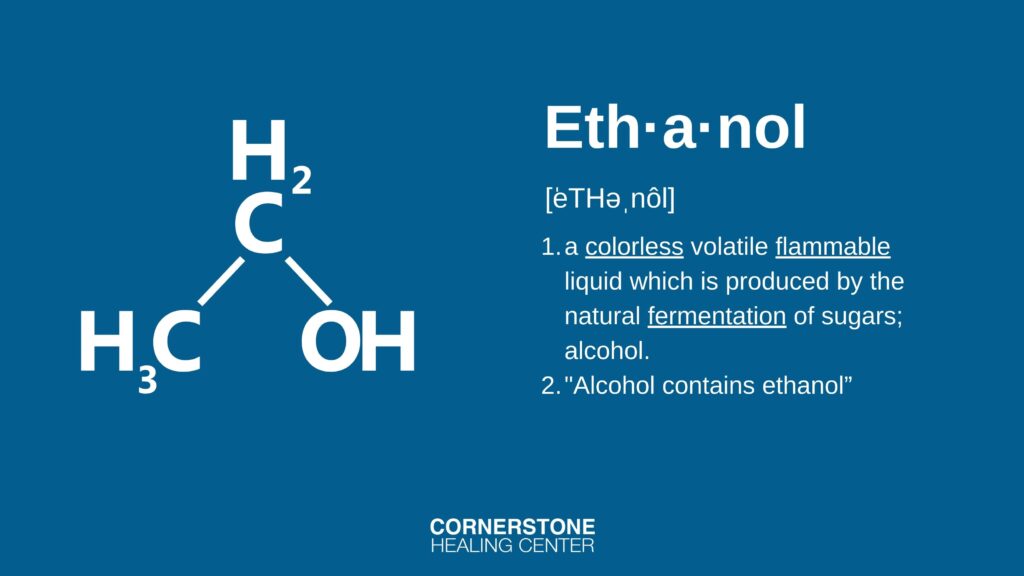
Fermentation:
Alcohol production begins with a natural process called fermentation.
During this process, yeast or bacteria consume sugars found in ingredients like grapes for wine, grains for beer, fruits for spirits,
This consumption results in the creation of ethanol and carbon dioxide.
Essentially, ethanol is a metabolic byproduct of these microorganisms.
Distillation:
To refine alcoholic beverages and boost their ethanol content, distillation comes into play.
This process involves heating the fermented liquid to capture the evaporated ethanol and cooling it to condense the vapor into liquid form.
This concentration process also eliminates impurities, yielding a purer and more potent alcoholic spirit.
Now, let’s talk about what ethanol does when you consume it.
Ethanol interacts with your central nervous system, and its effects can vary depending on the amount you consume.
Lower Doses:
In moderation, ethanol often acts as a stimulant.
It enhances sociability and talkativeness and can provide an energy boost.
This is why alcohol is commonly associated with social gatherings and celebrations.
Higher Doses:
As you consume more ethanol, it shifts gears and becomes a depressant.
It slows down cognitive functions, impairs coordination, and induces relaxation.
This is when the sedative effects of alcohol become more prominent.
The balance between these stimulating and depressing effects varies from person to person and is influenced by factors like the type of alcohol, individual tolerance, and drinking rate.
The science behind these effects, shedding light on how ethanol impacts our bodies and minds, helps us better understand whether alcohol is a stimulant or a depressant.
How Alcohol Affects the Body
Alcohol has complex effects on almost every single system in the human body.
Brain:
When someone consumes alcohol, it directly alters neurotransmitter activity1.
The brain slows down by enhancing the effects of gamma-aminobutyric acid (GABA)2, leading to feelings of relaxation and calm.
Conversely, alcohol suppresses glutamate, a neurotransmitter that typically increases brain activity.
Initially, one might feel spirited after a drink, but as consumption increases, a feeling of lethargy can take over.
Physical:
Alcohol’s impact on the body is profound, particularly on the liver3.
Tasked with detoxifying harmful substances, the liver is pressured by excessive alcohol consumption.
This can eventually lead to ailments like fatty liver disease or even cirrhosis.
Dehydration is another physical aftermath of drinking4.
Alcohol is a diuretic, making frequent restroom visits familiar during a night out.
Not to mention a hangover.
The resulting dehydration often leads to hangover symptoms like headache and dizziness.
Furthermore, alcohol’s influence on coordination is undeniable.
A few drinks can lead to stumbling, imbalance, and slowed reflexes, as alcohol affects the cerebellum, which governs movement and balance.
Emotional:
On the emotional front, alcohol can be contradictory.
It might offer feelings of euphoria and lowered inhibitions, making social interactions more accessible for some.
However, as its effects wear off, or with overconsumption, it can usher in feelings of desolation and melancholy due to disrupting the brain’s chemical equilibrium.
Piecing all this together paints a complex picture.
While alcohol can initially have uplifting effects, its overarching impact seems to steer more toward the depressive.
Studies have shown that emotional responses to alcohol can differ depending on the type of alcohol and amount of consumption.5
This dance of effects leads us towards a question many have pondered: Is alcohol a depressant?
Is Alcohol a Depressant?
While alcohol is classified as a depressant, is alcohol a depressant? It’s not as simple as a yes or no.
Because of the mass effects that alcohol holds, its effects span a broad spectrum.
Let’s unravel the intriguing interplay between its depressive and stimulant qualities.
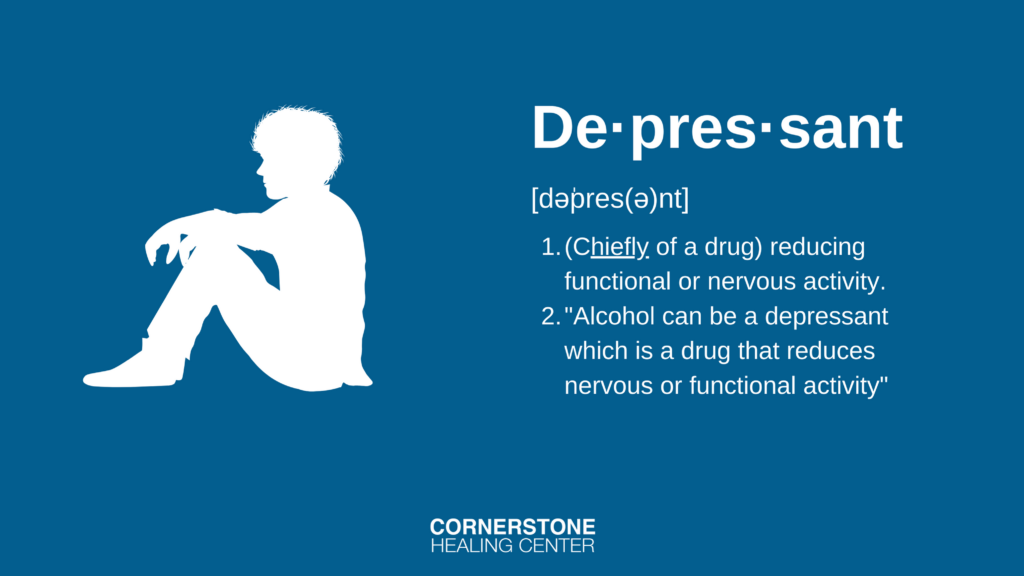
Depressive Effects:
Alcohol is widely recognized for its depressive effects on the body and mind. While it might initially boost mood and energy, these effects are usually fleeting. As alcohol continues to flow, its depressant qualities become more apparent.
Depressant Effects of Alcohol Include:
- Muscle relaxation
- Slowed reflexes
- Sedation, especially when consumed in larger quantities
- Impaired judgment
- Decreased coordination
Consider a typical social gathering: the party starts with everyone lively, animated, and seemingly invigorated by the alcohol. However, as the night progresses and more drinks are consumed, the initial energy begins to wane.
The atmosphere transitions from vibrant to mellow, demonstrating alcohol’s transition from its perceived stimulant to its inherent depressant effects.
Is Alcohol a Stimulant
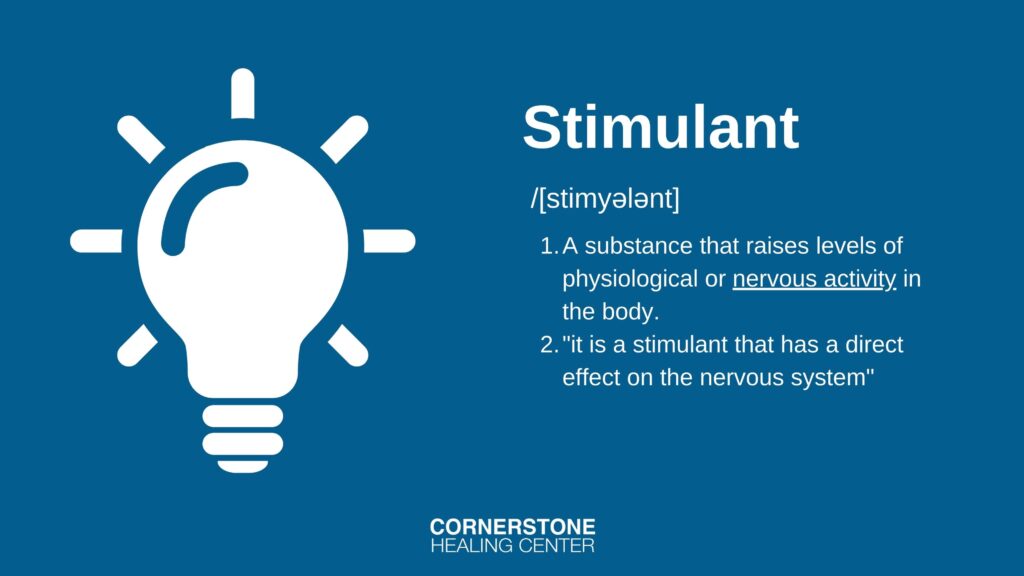
The intricate interplay between alcohol’s depressive and stimulant effects is nothing short of captivating.
Physiological Mechanisms Behind the Stimulant Effects:
The initial moments following alcohol consumption often spark curiosity. What brings about that sudden lift in spirits, that gentle wave of excitement right after the first few sips?
Key Stimulant Effects of Alcohol:
- Increased sociability and confidence
- Elevated mood and feelings of happiness
- Heightened energy and alertness
- Lowered inhibitions
- Enhanced sensory perceptions
Increased Heart Rate:
One of the earliest and most noticeable physiological responses to alcohol is the acceleration of the heartbeat. This isn’t just a figment of your imagination.
In settings bustling with excitement or the company of friends, alcohol amplifies this effect, causing the heart rate to rise. This reaction lends to the feeling of invigoration, the pulse of life seemingly beating louder and faster.
Boosted Dopamine Levels:
Alcohol is rather crafty in its ways. One of its subtle maneuvers involves the brain’s reward pathways, specifically the dopamine system.
As you drink, alcohol increases the levels of dopamine – a chemical messenger frequently dubbed the “joy molecule.” This surge in dopamine creates sensations of pleasure, elation, and in some cases, a gentle high.
While the overarching classification of alcohol leans towards being a depressant, its effects are far from one-dimensional. The initial moments after consumption, especially in modest amounts, bring forth its stimulating aspects, painting a more nuanced picture of its influence on us.
Experiencing Alcohol Addiction?
If you are reading this and considering that you or a loved one may be addicted to alcohol, please don’t hesitate to contact us here at Cornerstone Healing Center.
Alcohol addiction is a situation that no one should go through alone.
We are an Arizona alcohol rehab center that has helped hundreds of people overcome alcoholism.
Sources
[1] Neurochemical and Neurostructural Plasticity in Alcoholism
[2] Alcohol’s Effects on the Brain: Neuroimaging Results in Humans and Animal Models
[3] Alcohol’s Impact on the Gut and Liver
[5] The effects of alcohol on emotion in social drinkers

